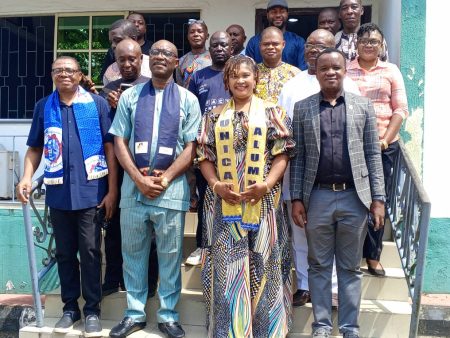The latest data for Malta’s English Language Teaching (ELT) sector finds that total student weeks for 2023 increased by 15.2% compared to 2019 levels. “This increase in student weeks was due to longer stays during the shoulder months,” explains a recent industry report. “The average length of stay over this period increased from 19.8 days in 2019 to 24.3 days in 2023.”
Total enrolments, meanwhile, continue to dip below pre-COVID levels, with 78,600 student arrivals reported for 2023, a shortfall of just over -6% compared to 2019.

Those are the headline findings from the English Language Travel Industry Report 2023, an annual report produced by Deloitte in collaboration with the industry peak body FELTOM (Federation of English Language Teaching Organizations Malta).
The report also highlights the key role of the ELT sector in Malta’s larger tourism and hospitality industry: “The ELT sector remains an important niche market for the tourism industry in Malta. The sector plays an important role in the diversification strategy of the local tourism sector to promote a more diverse profile of visiting tourists and less reliance on traditional core inbound markets.
During 2023, the sector continued to attract students from markets which are not traditional tourist source markets for Malta, such as Brazil, Japan, and Colombia. Student arrivals from non-EU/EEA countries accounted for 26% of total student arrivals but represented 59% of total student weeks due to the longer training programmes followed by this cohort.”
Overall, sector revenue was also up by 10.9% compared to 2019, driven mainly by increased tuition and accommodation fees.
Speaking at an event to officially launch this year’s findings, FELTOM CEO Jessica Rees-Jones said, “Why does FELTOM produce the report? Why does it matter? It matters because it tells a story. And it matters to the 78,000 and more students that choose Malta in 2023. It matters to the 1,300 [plus] staff in the schools, and how they teach every day…It tells the story of how people make choices of where to study, where to travel, and where to learn.”
For additional background, please see:
Source

